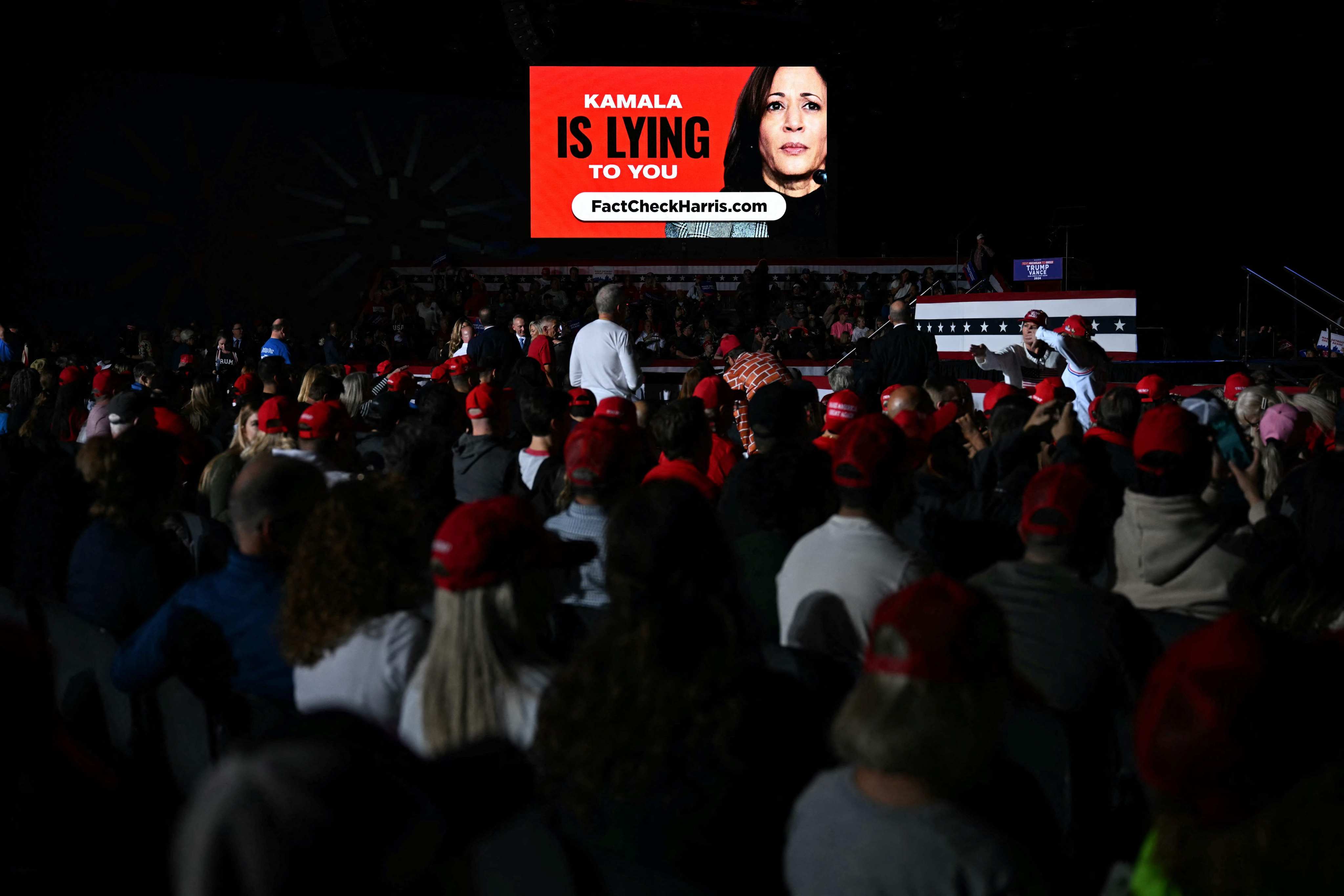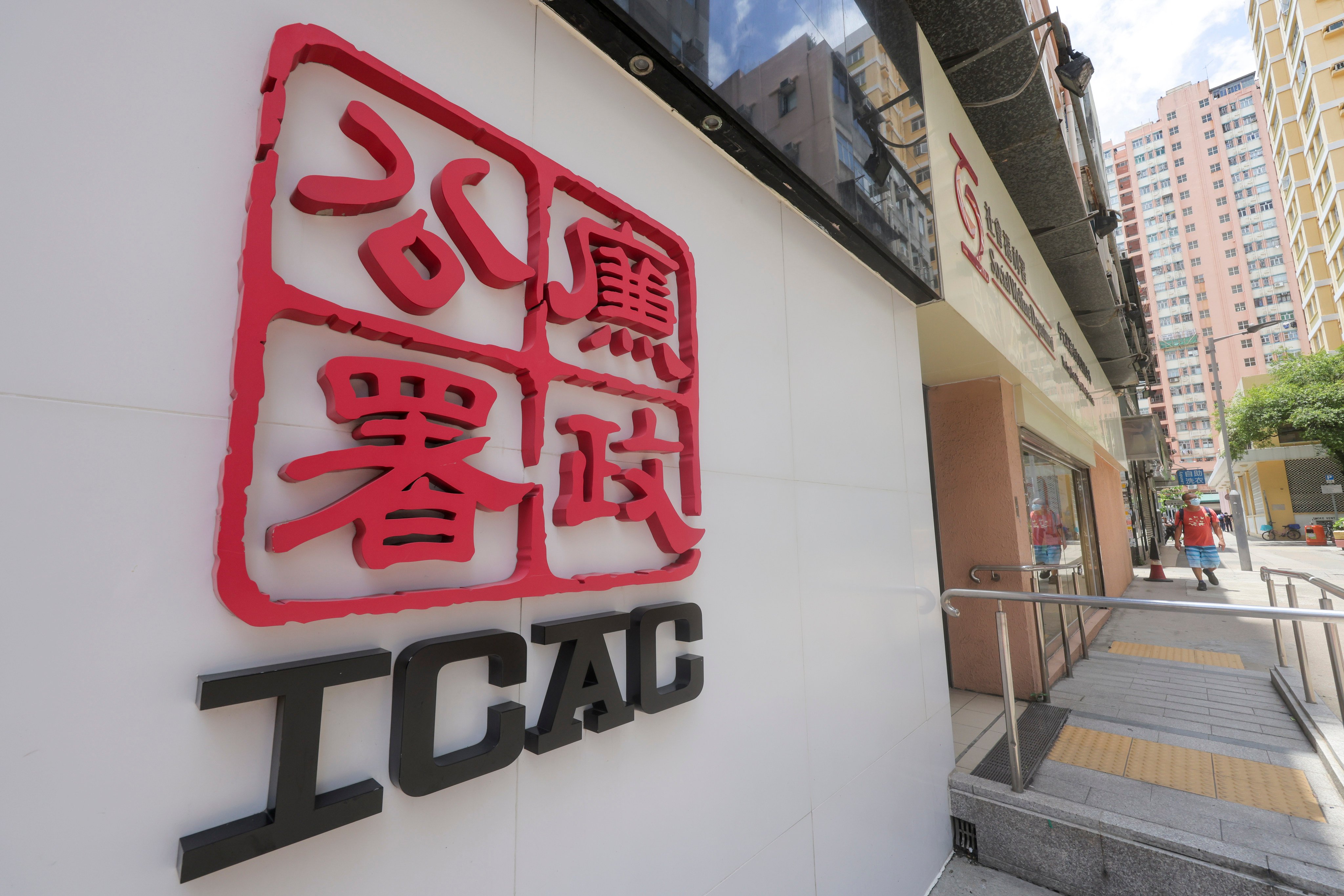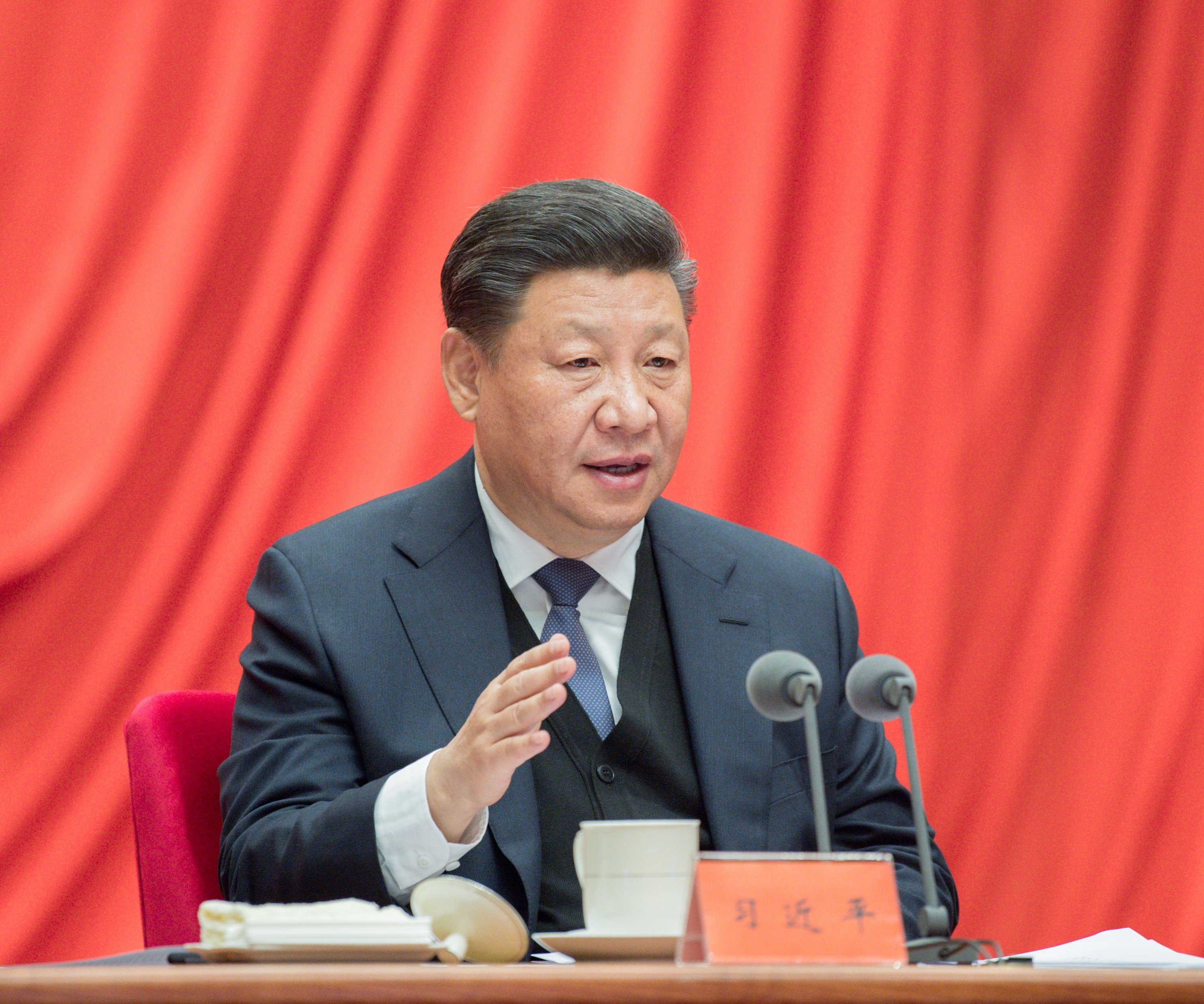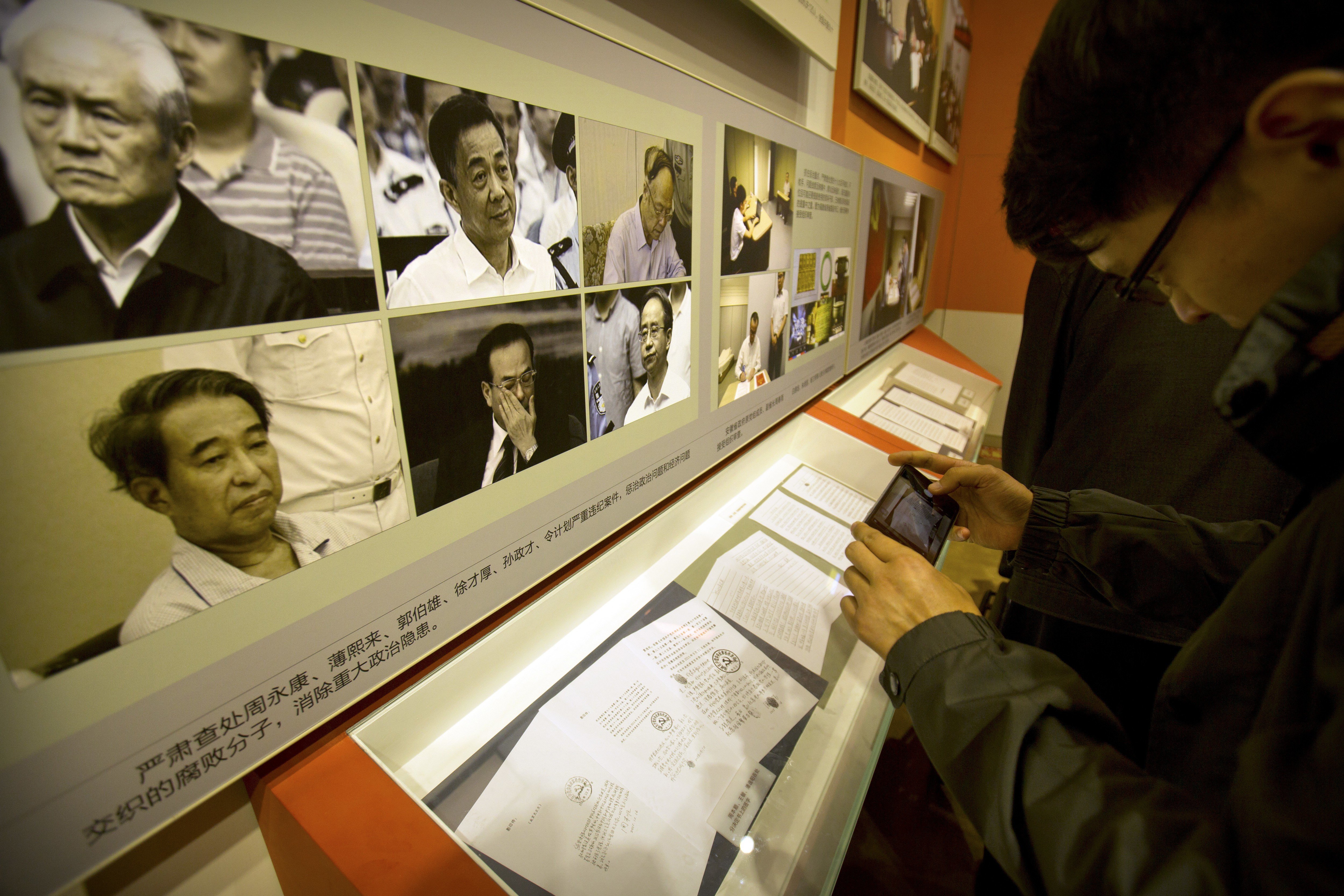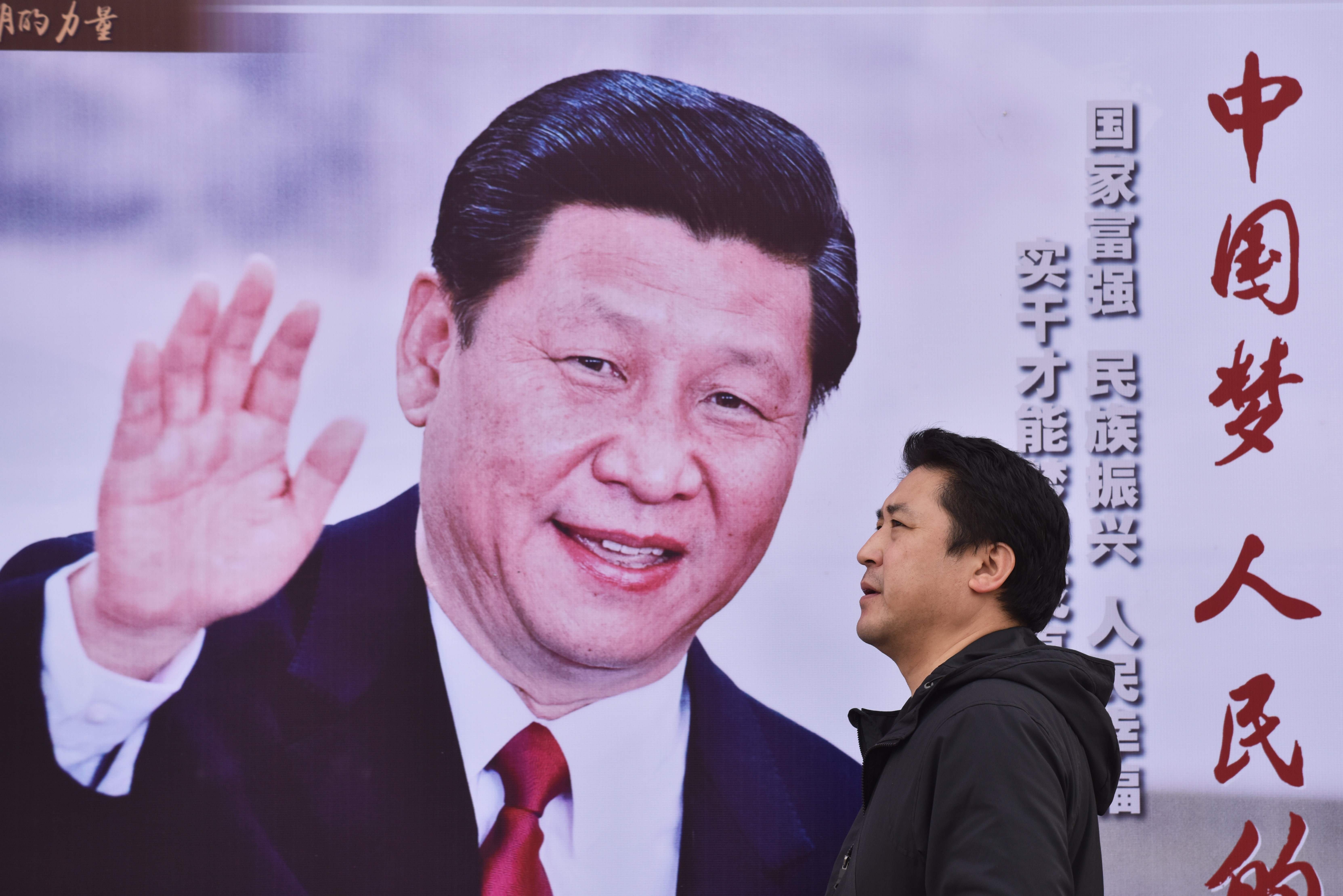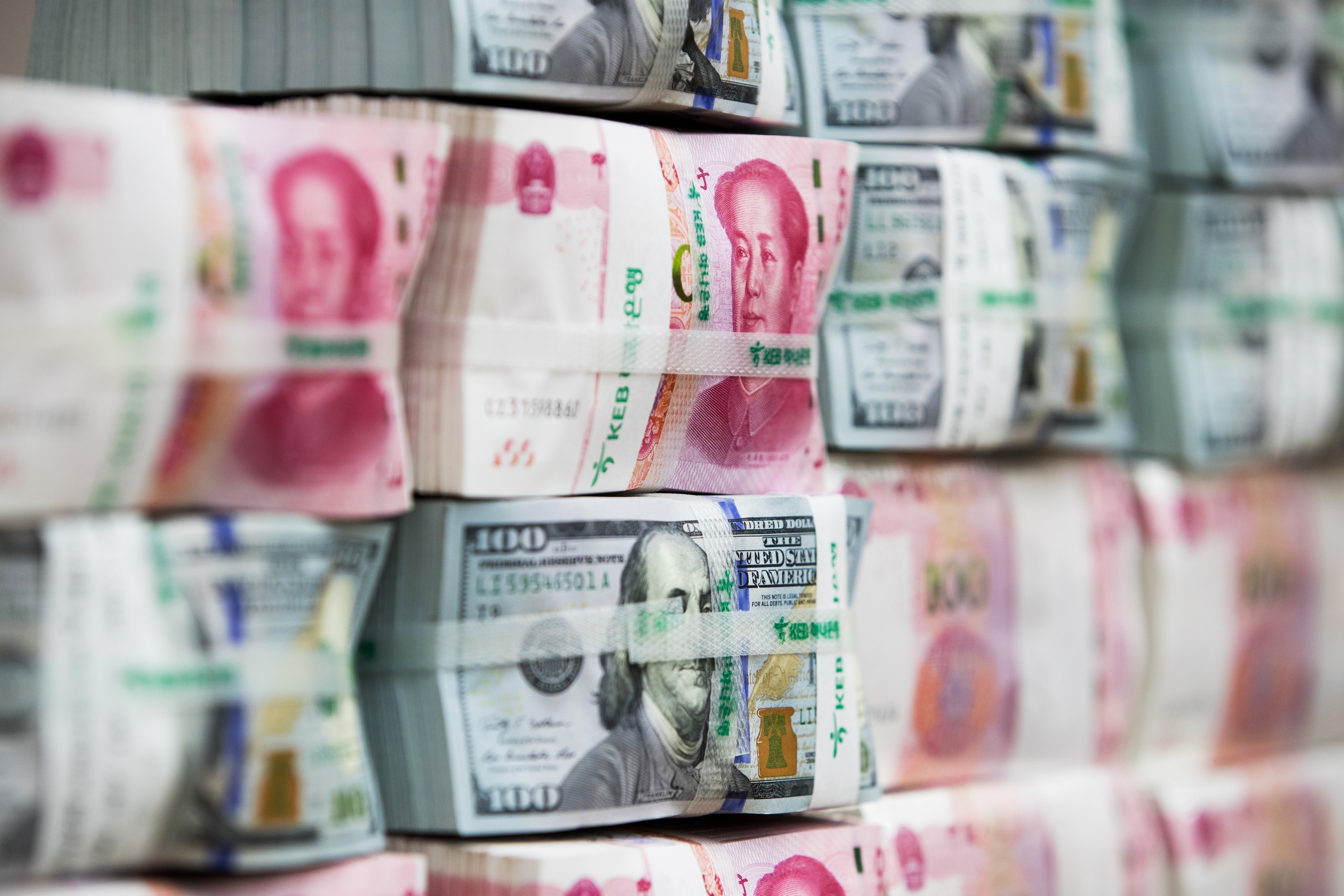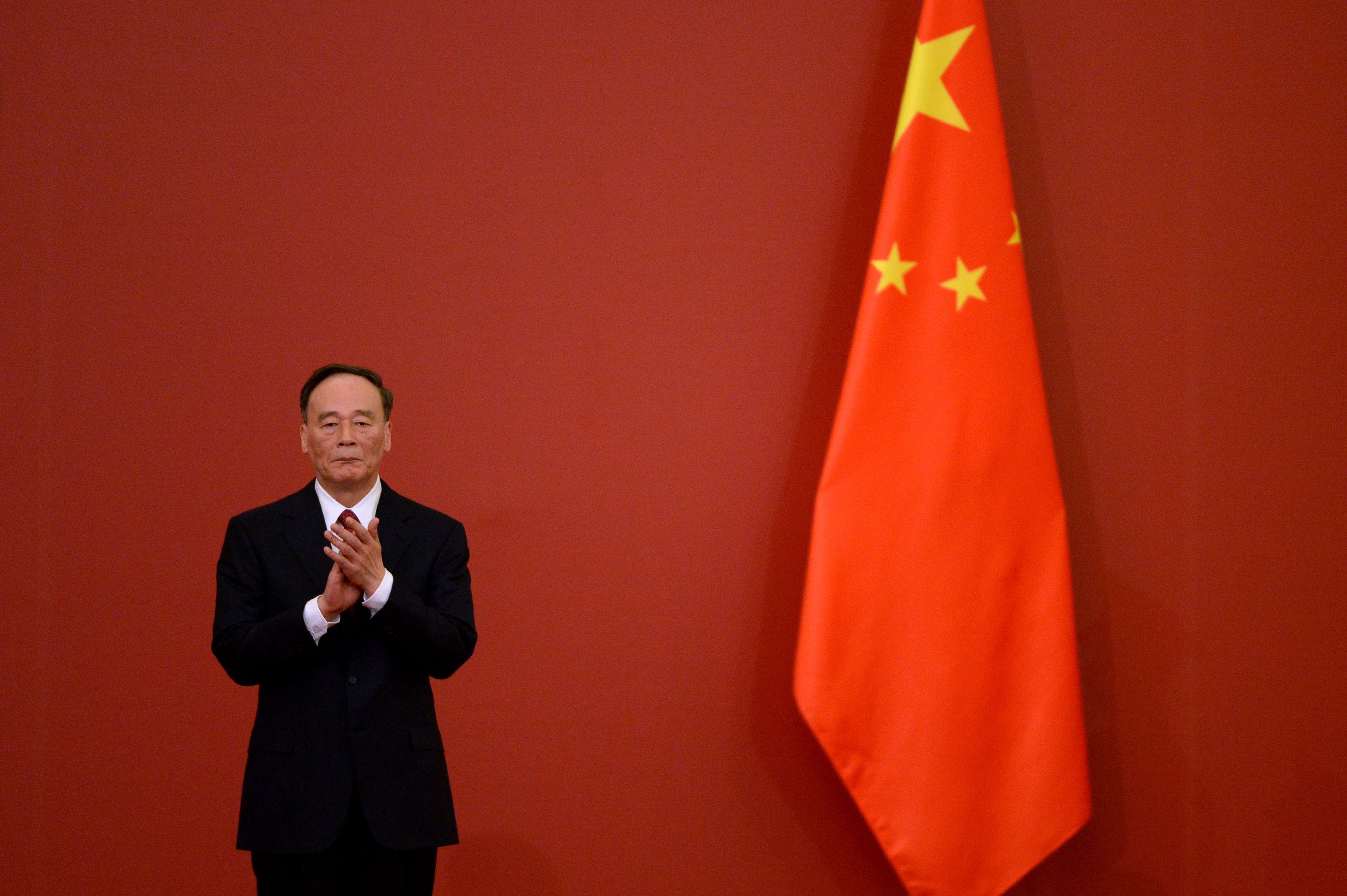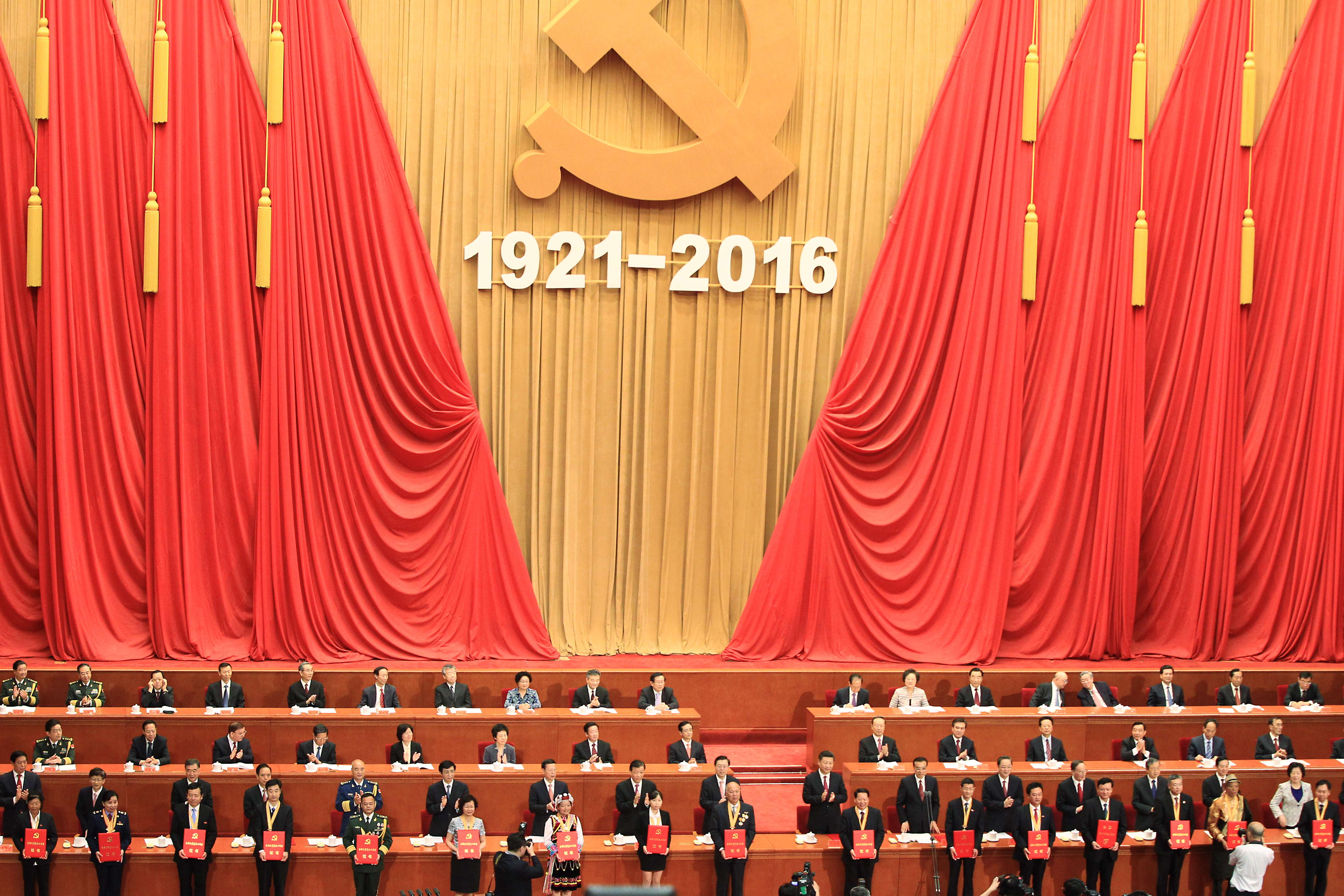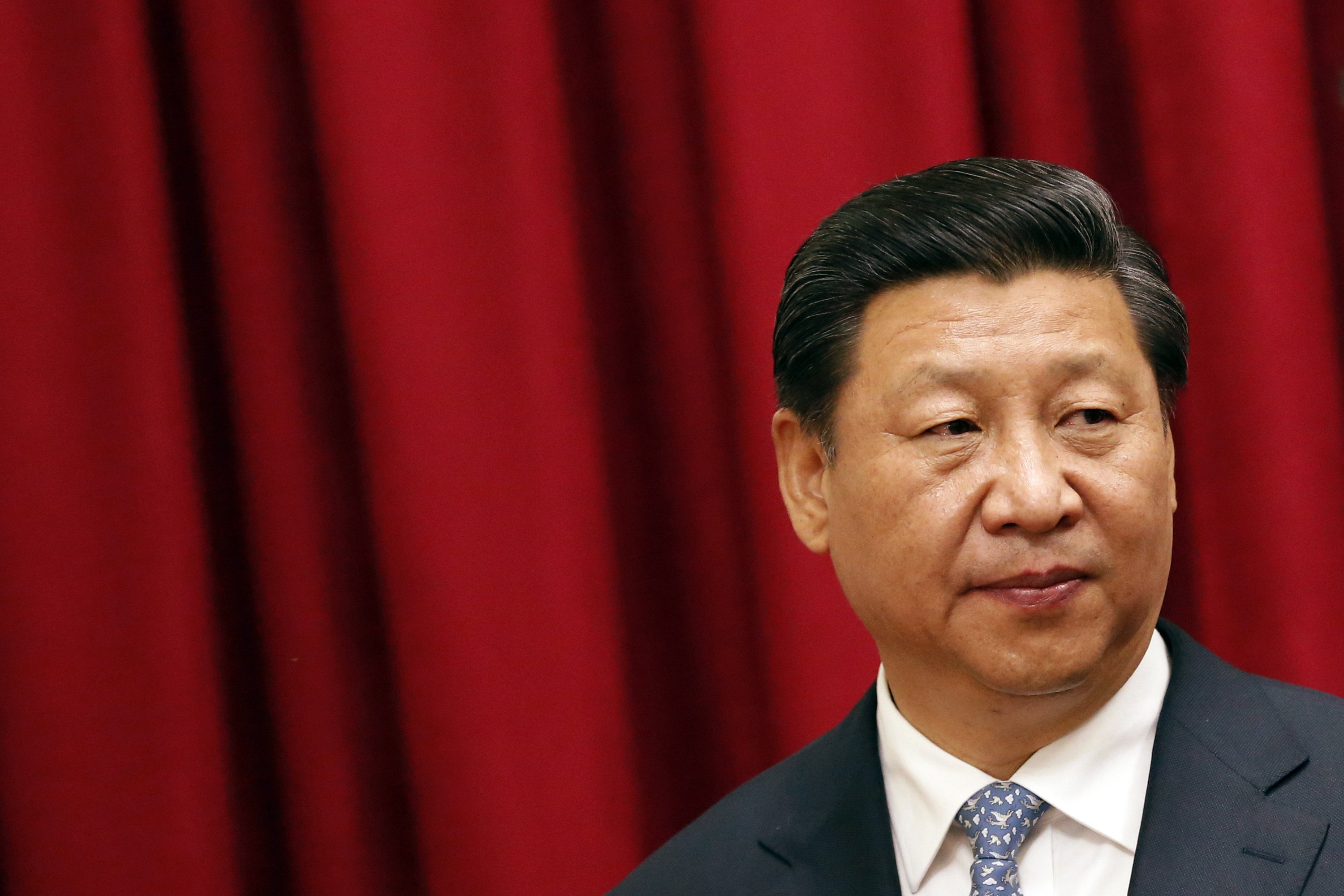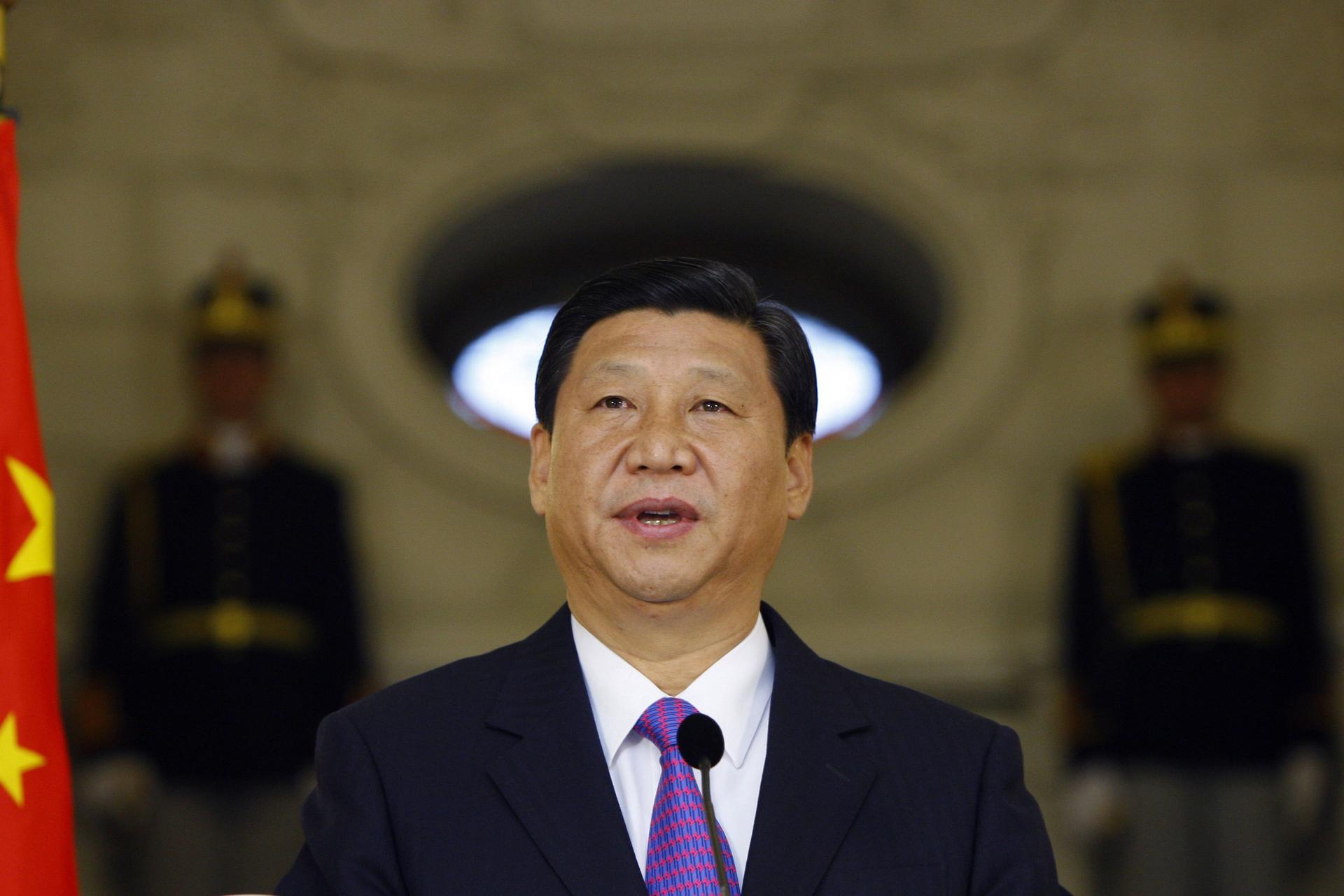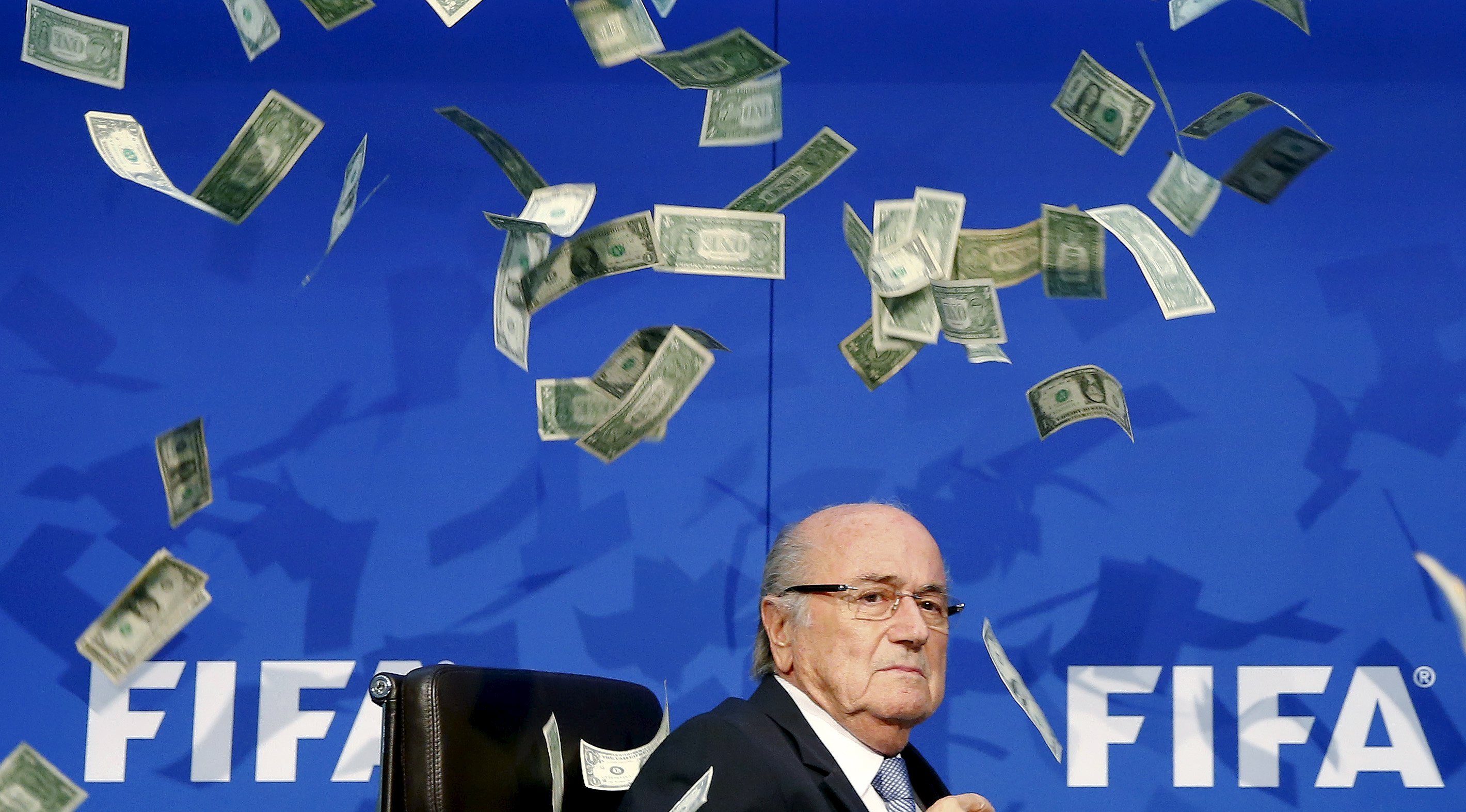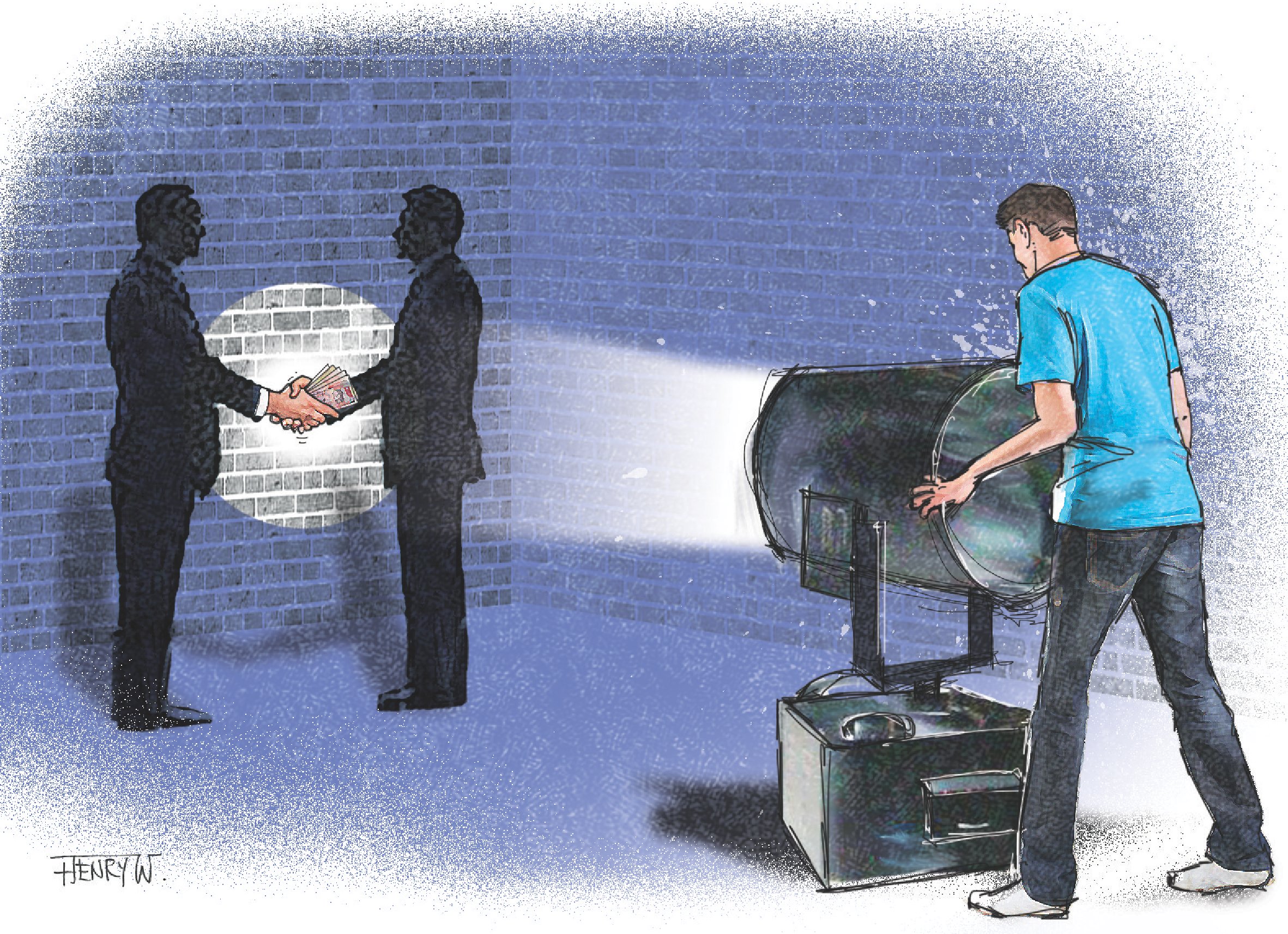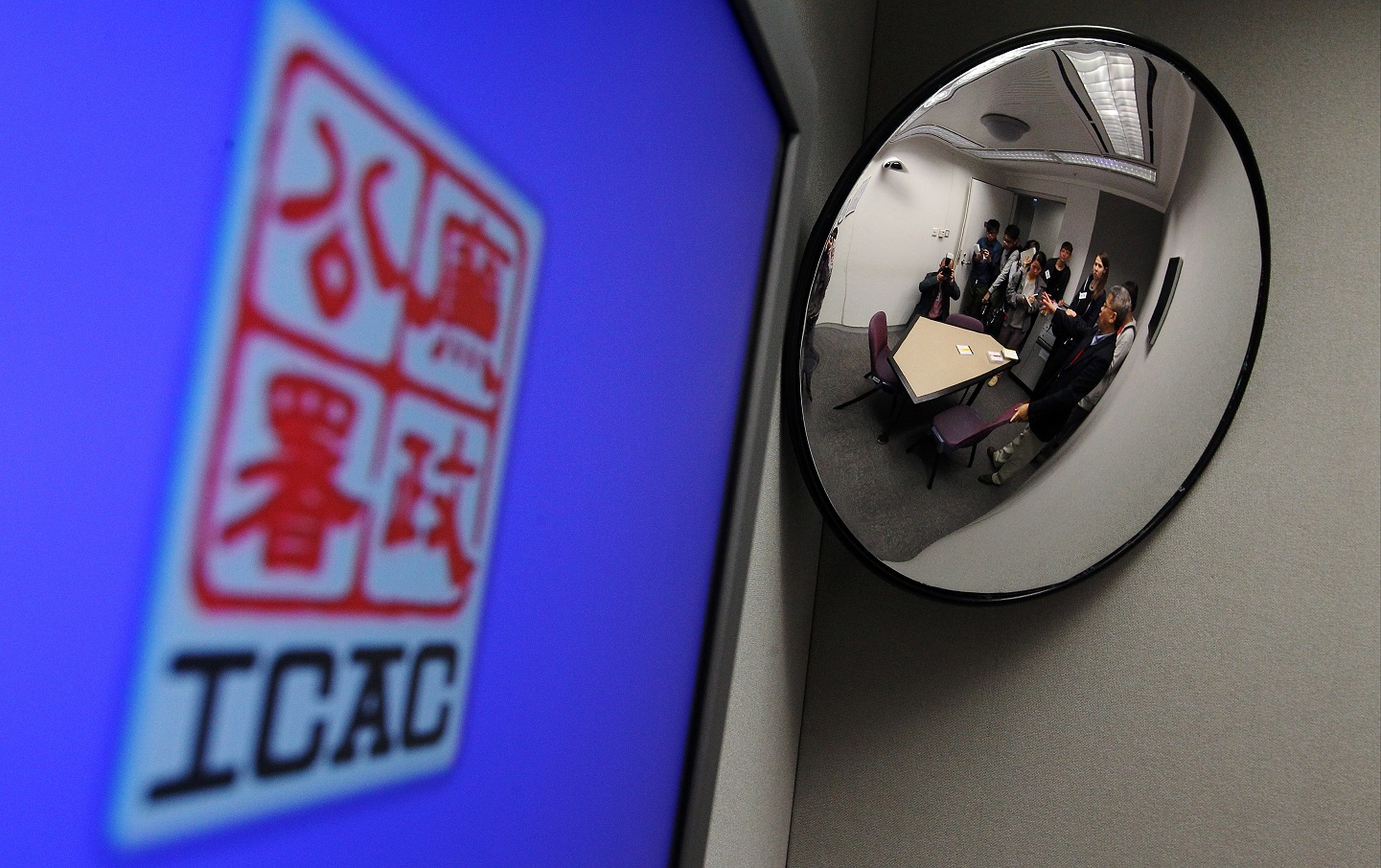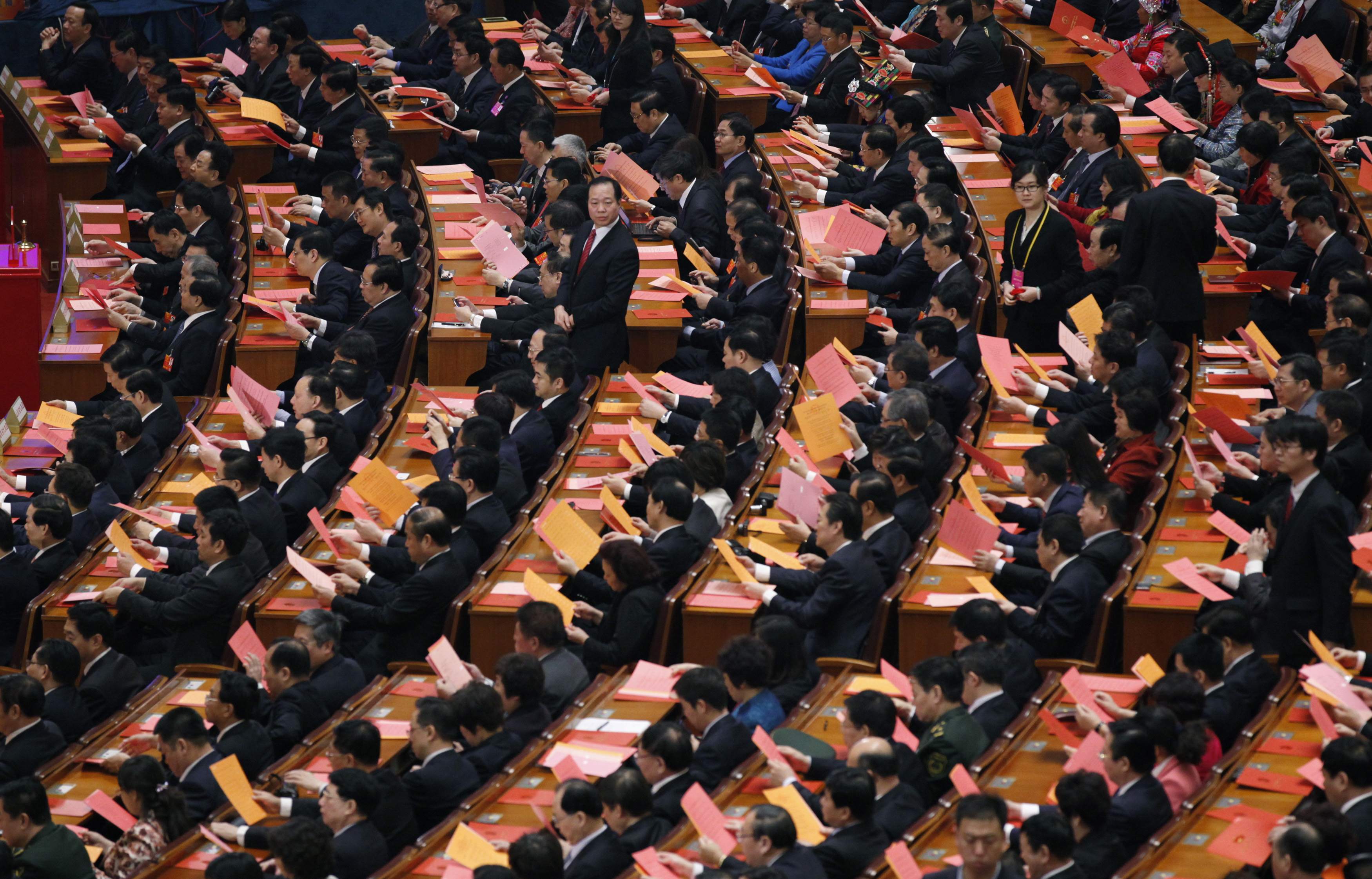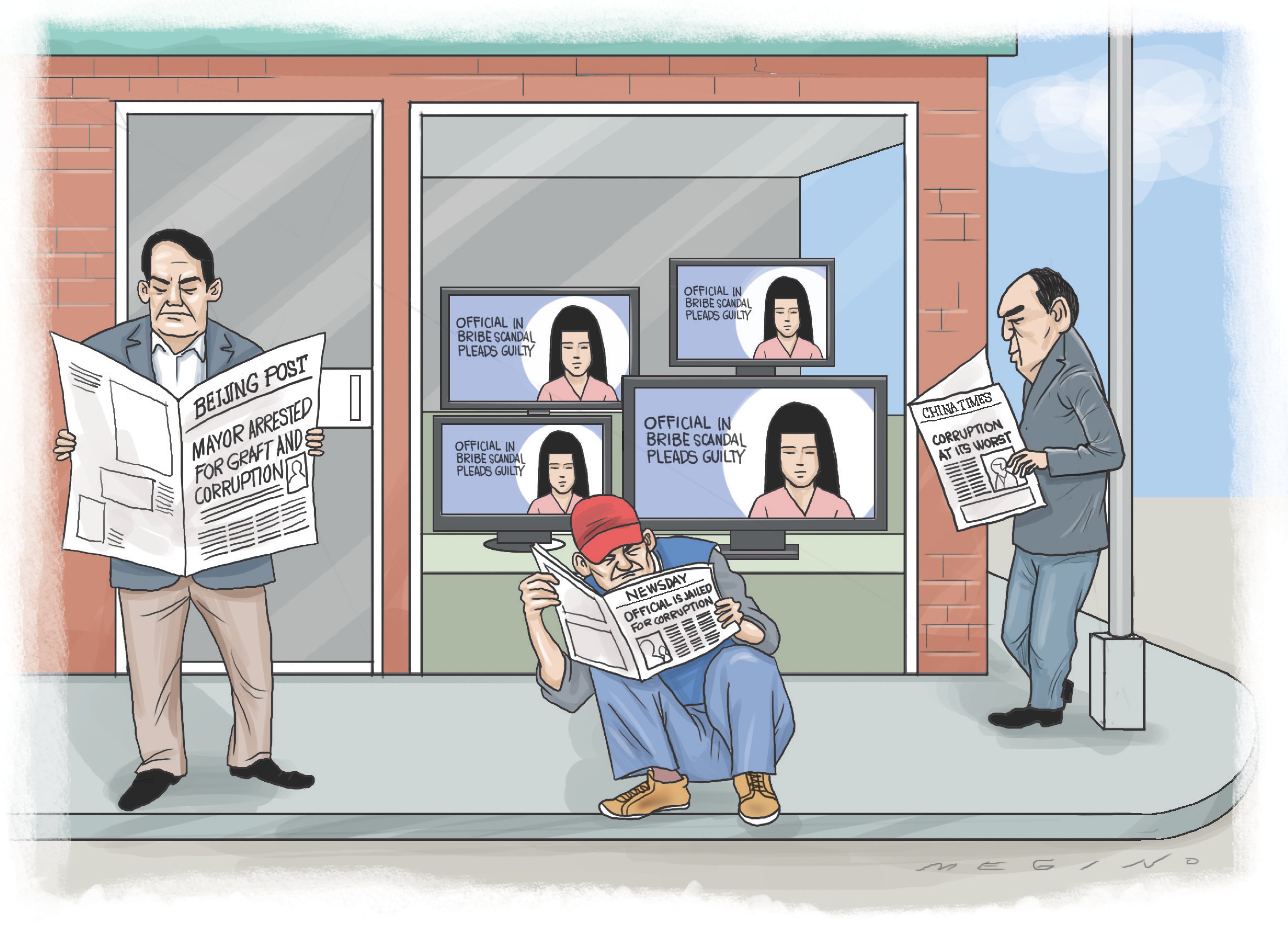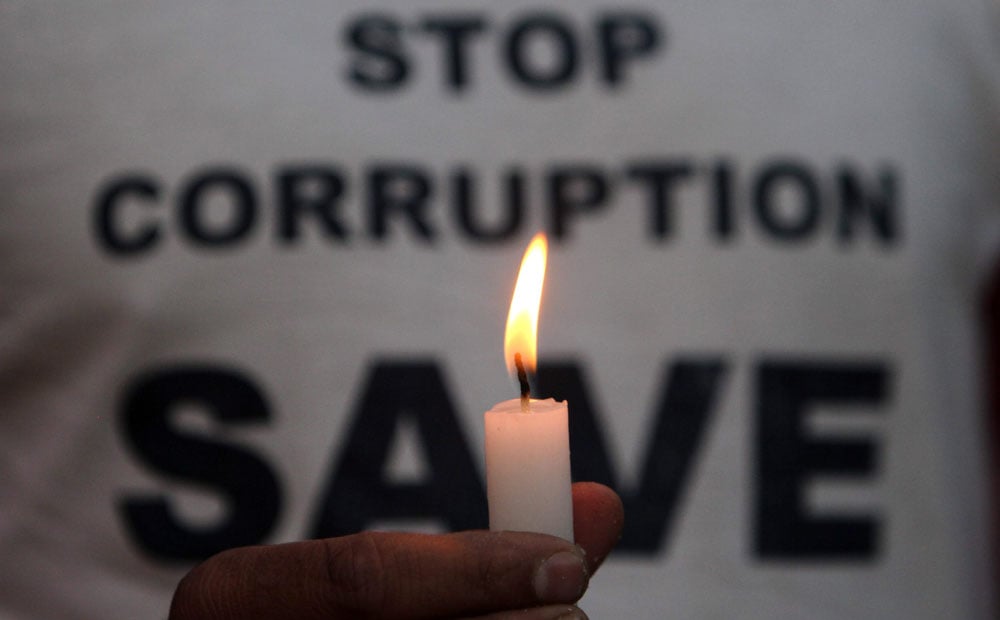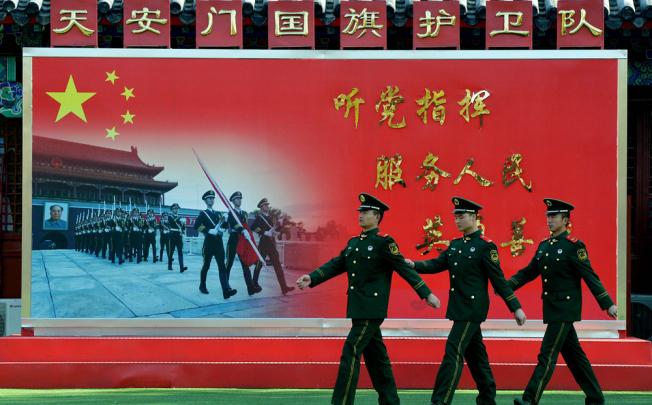Advertisement
Advertisement

Dan Hough
Dan Hough is a Professor of Politics at the University of Sussex. He is also Director of the Sussex Centre for the Study of Corruption (SCSC). He is a regular tweeter at @thedanhough
Dan Hough is a Professor of Politics at the University of Sussex. He is also Director of the Sussex Centre for the Study of Corruption (SCSC). He is a regular tweeter at @thedanhough
Integrity – having recognisable principles that act as a guiding compass – seems to be lacking in football just as it is in public life.
Despite Covid-19 upheavals, their performances appear to have held up. But the index is only useful in picking out broader trends, and more can be done to fight corruption.
In China, whistle-blowing remains risky and the media is not free to probe. If Beijing is serious about tackling corruption, it has to make more transparent its processes in decision making, policy setting and accountability, establish judicial and legislative independence, and empower citizens.
The new corruption index shows little has changed in China, Hong Kong and elsewhere. Broadly speaking, independent institutions and a free press are vital to keeping a check on those in power, and laws need to be implemented.
Advertisement
